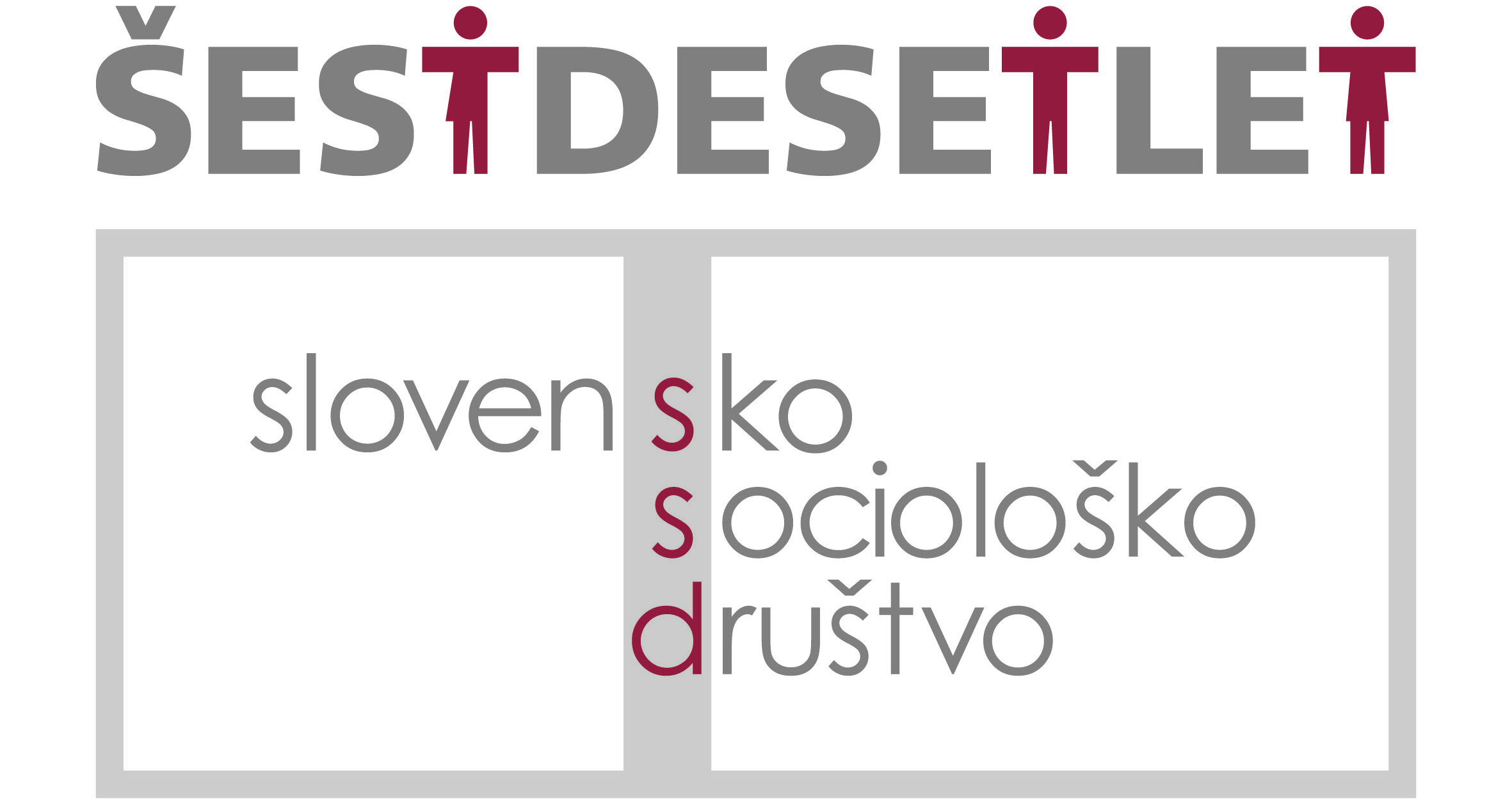Social Science Forum 86 (XXXIII)
Agency, structure and values: a critical humanist intervention
Tibor Rutar
ABSTRACT: The main aim of the article is to suggest what and how a contemporary, revised version of humanism, inflected with critical realism and Marxism, can contribute to sociology. I focus primarily on two areas in which sociology is often found lacking today: theorizing the relationship between structure and agency, and deciding what to do with moral evaluations in sociological analyses. I argue that the solution to both lies in attempting to finally transcend the traditionally hostile and mutually exclusive paradigms of “humanist” or “cultural” Marxism on the one side and “anti-humanist” or “scientific” Marxism on the other. This enables us to carefully reinstate the agency of human subjects and the moral dimension, both of which were and still are dismissed by anti- or post-humanist social science, without neglecting the objective and causally relevant existence of social structures at the same time.
KEY WORDS: Marxism, humanism, anti-humanism, subject, structure
>> Download
Foucault’s experience: life, history, transgression
Robert Bobnič
ABSTRACT: In his final works, Foucault was developing the concept of the historically singular form of experience (HSFI), in which the perspectives of knowledge, power and self converge. At the same time, Foucault places himself in the critical line of the genealogical relationship to time, from which another concept of experience – (limit) experience as a practice of desubjectivation – derived. The article thus builds on the assumption that experience is a concept that encapsulates Foucault’s thought in the most complex way, but has not yet been sufficiently thematised in the domestic academic space. In elaborating the concept of experience, the article follows Deleuze and Guattari’s notion of philosophy as a practice of creating concepts that are always in relation to history and becoming, which asks for the question of the actuality of Foucault’s experience within so-called algorithmic governmentality.
KEY WORDS: Michel Foucault, experience, governmentality, genealogy, transgression
>> Download
Di-visions of the social world and agentic potential in intersubjectivity
Nina Perger
ABSTRACT: In this article, we analyse theoretical works of P. Bourdieu and J. Butler regarding how they approach the intersection of objective structures and social actors. While Bourdieu emphasises social reproduction with the concepts of habitus and undetermined embodiment of objective structures, J. Butler focuses on subversions through the concepts of performativity and non-identical and, as such, always ‘unsuccessful’ reiterations of social norms. Moreover, they both primarily focus on the individual level, neglecting the level of intersubjectivity that in Bourdieu’s work is mostly considered through the principle of homology, while J. Butler, along with certain other authors, acknowledges intersubjectivity in terms of its potential ‘supporting’ infrastructure and alternative schemes of marginalised,
alternative di-visions of the social world
KEY WORDS: Pierre Bourdieu, Judith Butler, symbolic power, symbolic violence, di-visions of the social world, agency, intersubjectivity
>> Download
Neorealism and Marxist critique
Jaša Veselinovič
ABSTRACT: Marxism in the International Relations discipline is in constant conflict with the prevailing theory – neorealism. At the same time, it seems Marxism has no real answer to it and even regularly succumbs to some of the very shortcomings it sees in neorealism. In the article, we will present the main theoretical standpoints of neorealism and show how they have been addressed by different Marxist approaches. We will discuss the relevant writings of Marx and Engels, the classical theories of imperialism, World-Systems Theory, Neo-Gramscian Theory, and the Theory of Uneven and Combined Development. At the end, through a critique of the Theory of Uneven and Combined Development we will present what is, in our opinion, the most useful approach, one based on epistemological emphasis on human praxis and consistent historicising.
KEY WORDS: Neorealism, Marxism, International Relations, Uneven and Combined Development, capitalism
>> Download
Privatisation and the Political Economy of Corruption in Post-Socialist Serbia
Valter Cvijić
ABSTRACT: The article examines the history, political conditions and effects of privatisation in transitional Serbia. The key actors, role of formal institutions and consequences of corruptive practices are highlighted. The official discourse of transparency, economic efficiency, ‘spirit of entrepreneurial society’ and ‘depoliticisation of the economy’ has led to a highly centralised and politically controlled model of privatisation. By drawing on theoretical contributions on
the role of rent-seeking in the world economy and peripheral capitalism, the article reflects on the systemic logic of the extended corruption in Serbian privatisation, showing that the moral narrative on the incongruousness of corruption is problematic since, on one hand, it neglects the important role played by criminal capital while, on the other, it provincialises the rent-seeking paradigm in contemporary capitalism.
KEY WORDS: Serbia, privatisation, corruption, rent, social enterprises
